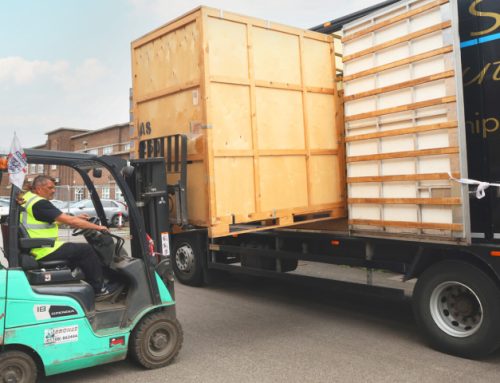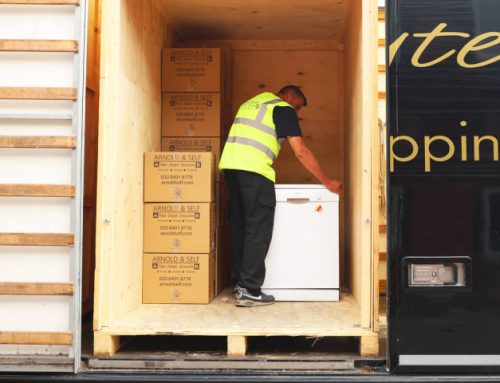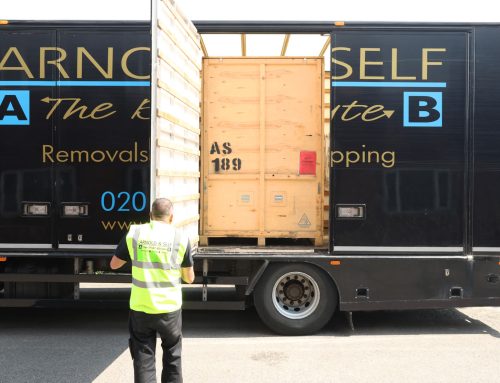Navigating the Challenges of Office Moves
Are you embarking on an office relocation? It’s a journey that, while promising new beginnings, often comes with its fair share of challenges. Moving an entire business is no small feat – from coordinating logistics to ensuring minimal disruption to your operations, the process can be daunting. But fear not! This guide is here to illuminate your path, offering invaluable insights and strategies to transform what might seem like an overwhelming task into an achievable, even exciting venture.
Embracing the Move: A Strategic Approach
Understanding the Essentials
Moving Office in London: What to Expect
London, a bustling business and innovation hub, presents unique challenges and opportunities regarding office relocation. Expect busy streets, tight schedules, and diverse options for commercial movers. But with the right approach, moving the office to London can be a smooth and successful endeavour.
Selecting the Right Office Relocation Services
Choosing a partner for your business removals is crucial. Look for experienced commercial movers in London who understand the city’s landscape and can offer tailored solutions. Consider factors like reliability, cost, and the range of services they provide.
Planning and Budgeting
Keeping an Eye on Office Move Costs
Budgeting is a pivotal aspect of any office move. Unexpected costs can arise, so it’s vital to have a comprehensive understanding of the expenses involved. From packing materials to transportation and insurance, ensure you have a clear picture of the costs from your office movers near me.
The Logistics of Moving: Timelines and Coordination
Timing is everything. Plan your move well in advance and coordinate with all parties involved. It ensures minimal disruption to your business operations and a more efficient moving process.
Making the Move
Packing and Organizing: A Step-by-Step Process
Packing might seem straightforward, but it’s an art regarding office relocation. Labelling, categorizing, and protecting your equipment and documents are vital steps. Use bullet points to organize your packing process, ensuring everything is noticed.
- Label Clearly: Every box should have a clear label indicating its contents and destination location in the new office.
- Categorize: Keep similar items together. That makes unpacking and organizing in the new space much more effortless.
- Protection is Key: Ensure sensitive equipment and documents are securely packed and handled carefully.
Ensuring Continuity: Minimizing Operational Disruption
A primary concern during office moves is the potential disruption to business operations. If possible, plan the move in phases to keep parts of your business operational throughout the process. Communicate clearly with your team and clients about the move, setting realistic expectations.
Choosing Your New Location: More Than Just Geography
Location Matters: But It’s Not Just About the Map
When selecting your new office space, consider more than just the geographical location. Think about the needs of your business, accessibility for your staff and clients, and the potential for future growth. Moving office in London, or any part of the UK, means weighing up these factors to find a spot that truly suits your business’s long-term vision.
Engaging Your Team: The Human Element of Moving
Involving Employees in the Move
An office move isn’t just a logistical exercise; it’s a significant change for your employees. Keep them informed and involved in the process. Gather input on things like office layout and amenities. It helps ease the transition, boosts morale, and fosters a sense of belonging in the new space.
Managing Downtime: Keeping Your Business Running
Strategies for Minimal Downtime
A big concern for any business during relocation is downtime. How do you move and still keep your business running? Here’s where strategic planning plays a critical role. Consider moving in stages, using temporary solutions, or remote working setups to ensure continuity. Communicating with your office relocation services well in advance can help orchestrate a move that aligns with your business operations.
Handling the Unexpected: Flexibility is Key
Dealing with Last-Minute Surprises
No matter how well you plan, unforeseen challenges can arise during an office move. Be prepared to adapt. Have a contingency plan for scenarios like delays or technical issues. Flexibility and a calm, problem-solving approach are essential during this period.
After the Move: Setting Up for Success
Creating a Productive New Workspace
Once the move is complete, the work will still be ongoing. Setting up your new office in a productive, comfortable environment is crucial. It means considering the layout, ergonomics, and even the aesthetic aspects of your new space. Engage your team in this process, too – after all, they’re the ones who will be using the area every day.
Conclusion:
As we reach the end of our journey through the nuances of office relocation, it’s crucial to reflect on the key insights we’ve shared. From choosing the right location to involving your employees, managing downtime to handling unexpected challenges, and finally setting up your new space – each step is pivotal in ensuring a smooth transition for your UK business.
Remember, office relocation is more than a logistical challenge; it’s an opportunity to redefine and rejuvenate your business. By embracing these strategies, you can transform what might seem daunting into an exciting adventure towards growth and success.
Consider exploring Arnold & Self’s comprehensive office relocation services for more in-depth guidance and tailored solutions. Our expert team at Arnold & Self is dedicated to making your move seamless and successful.



 020 8401 8778
020 8401 8778 





